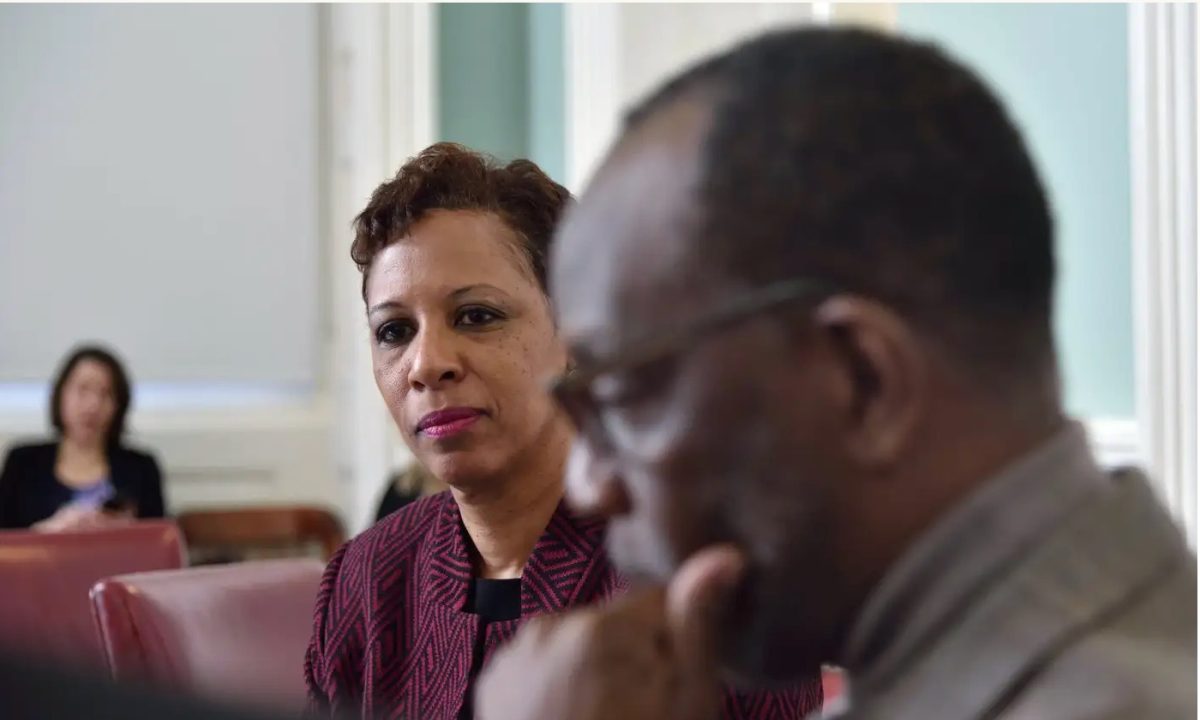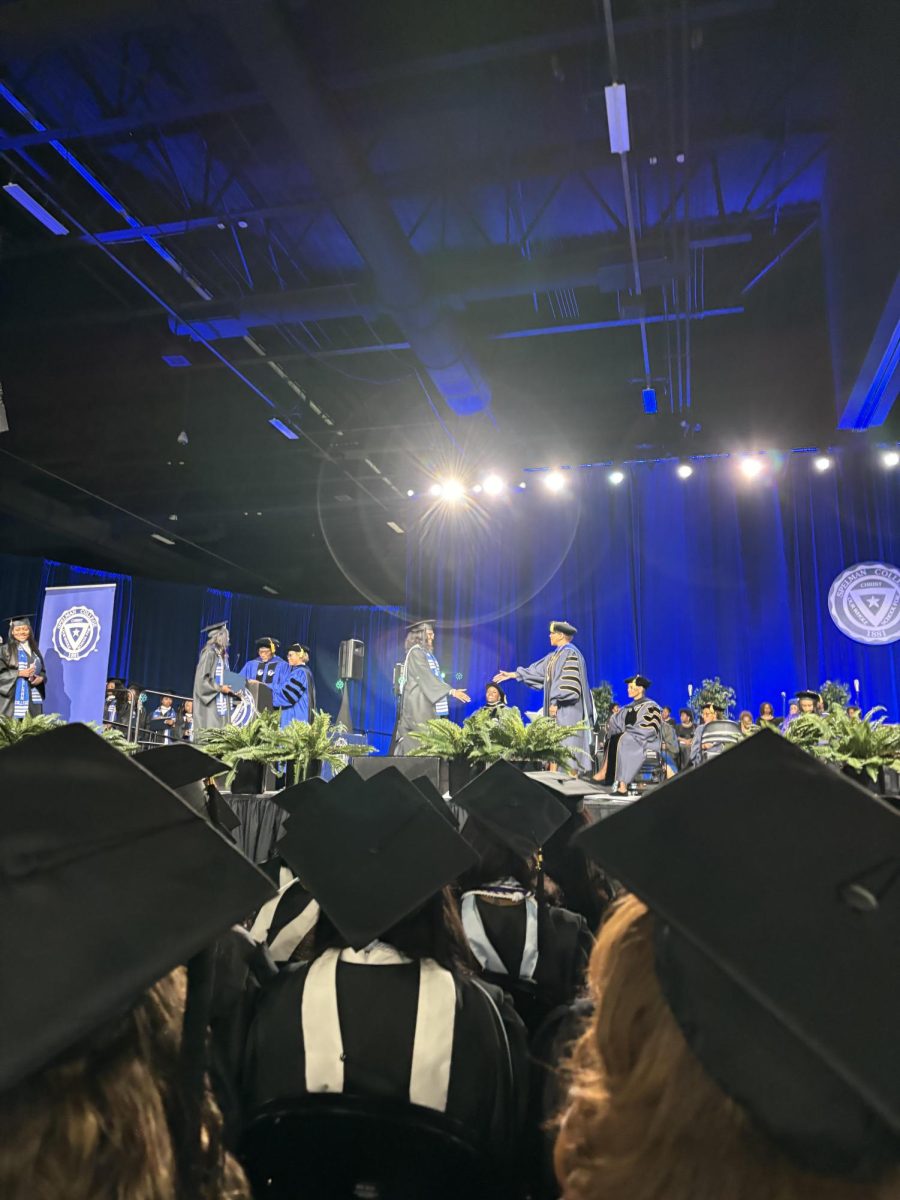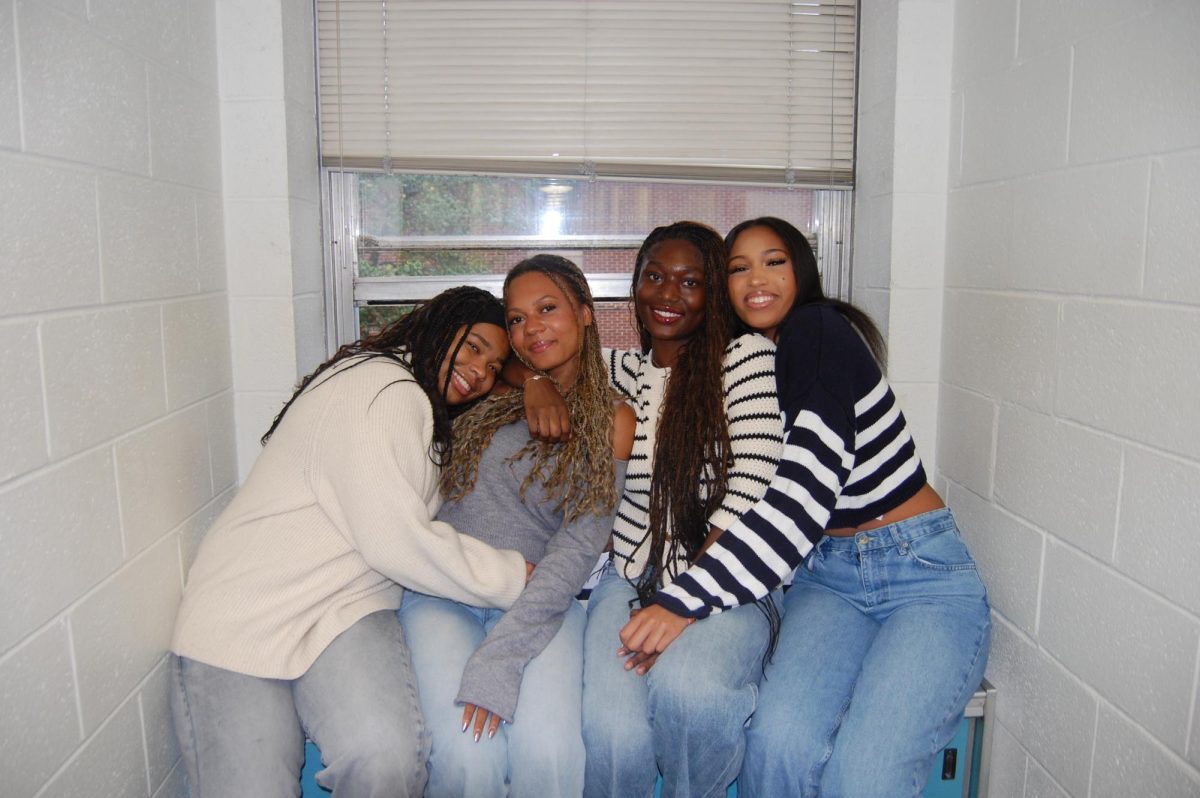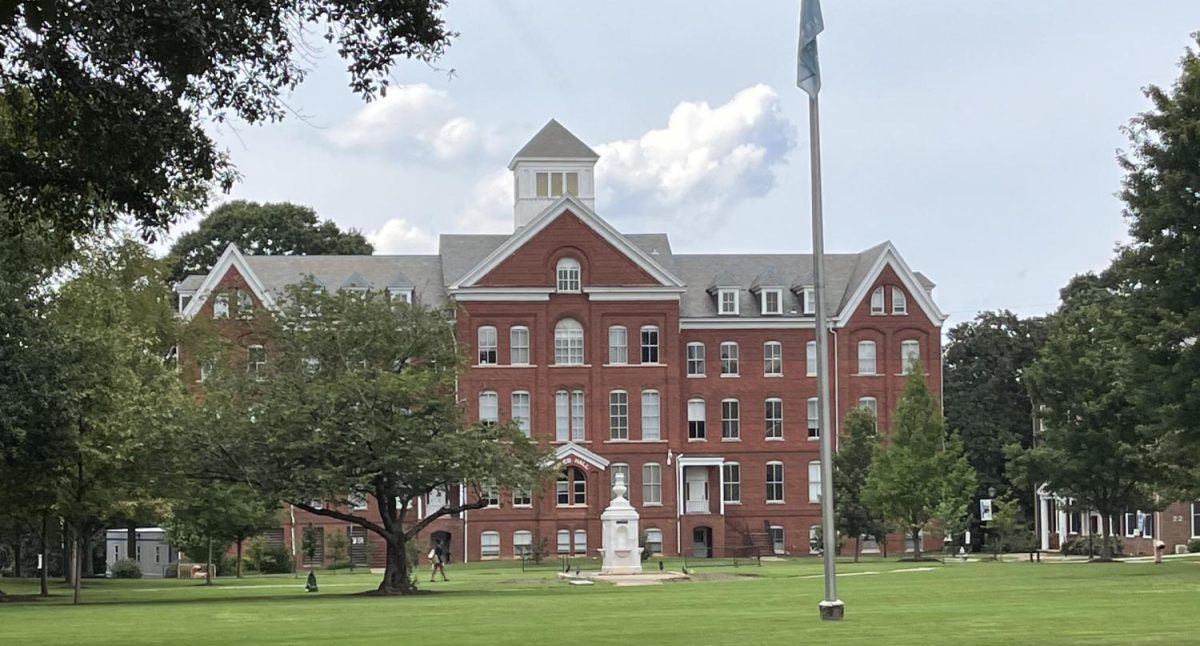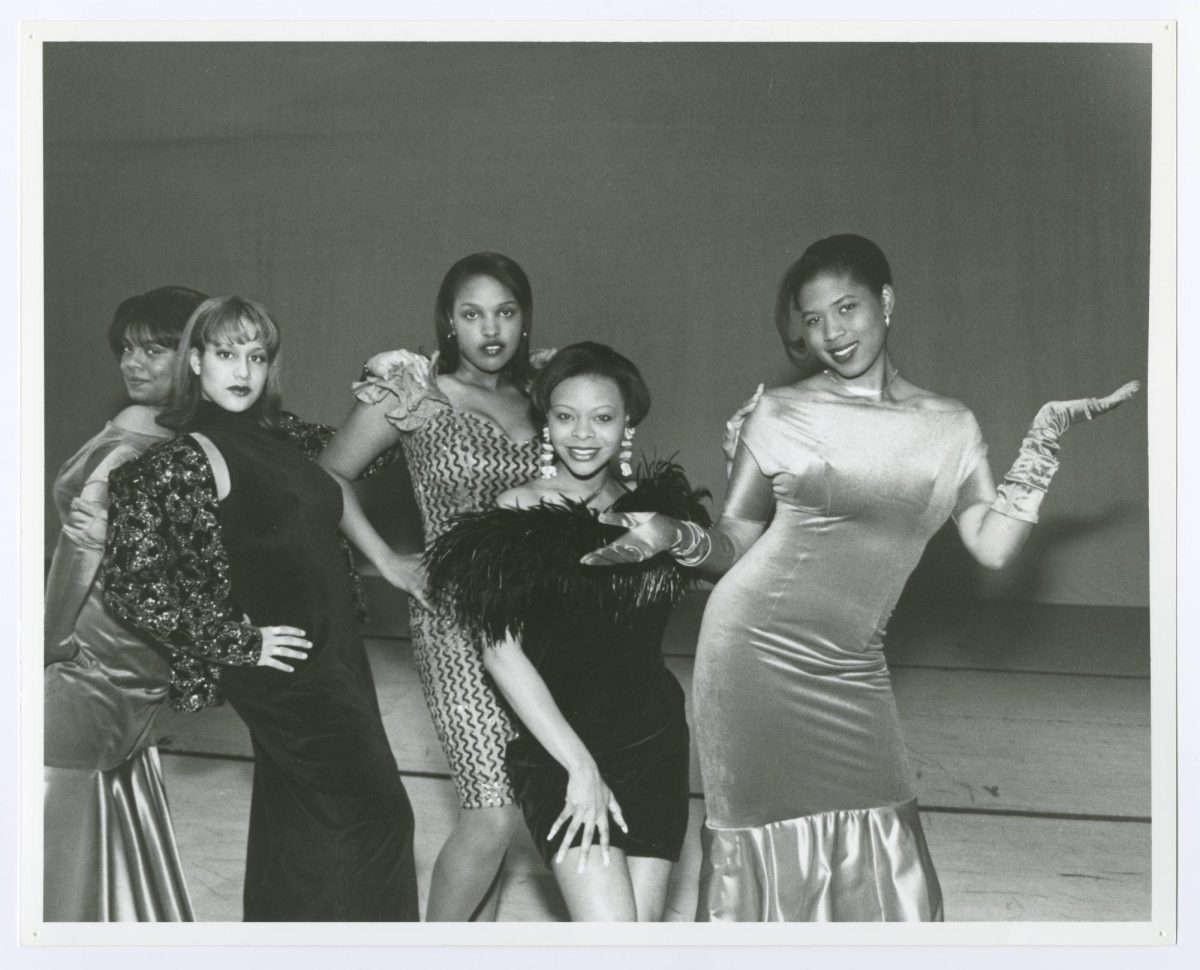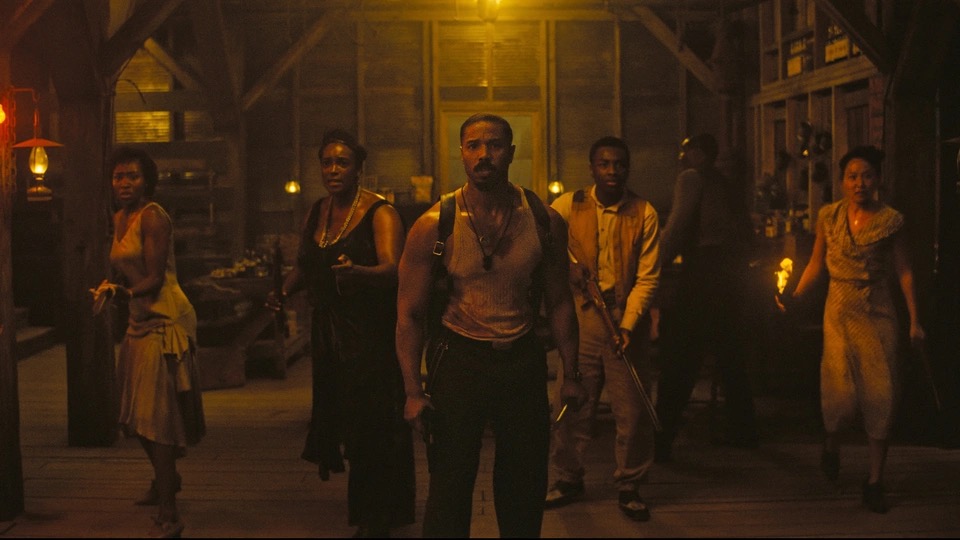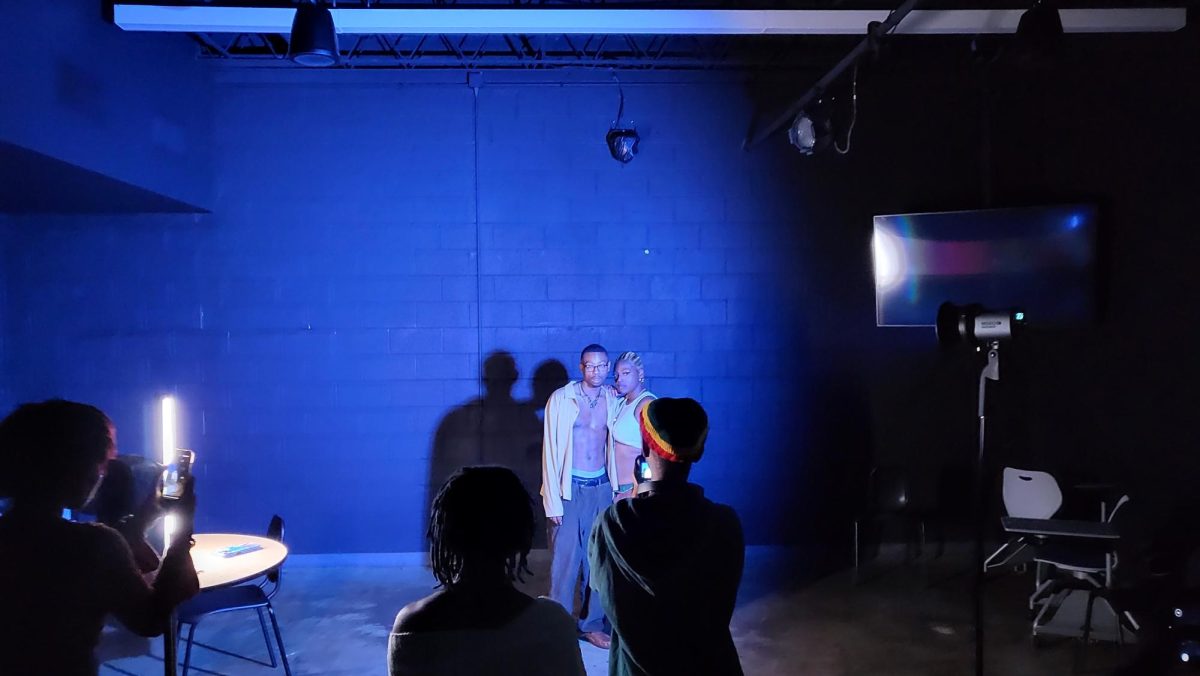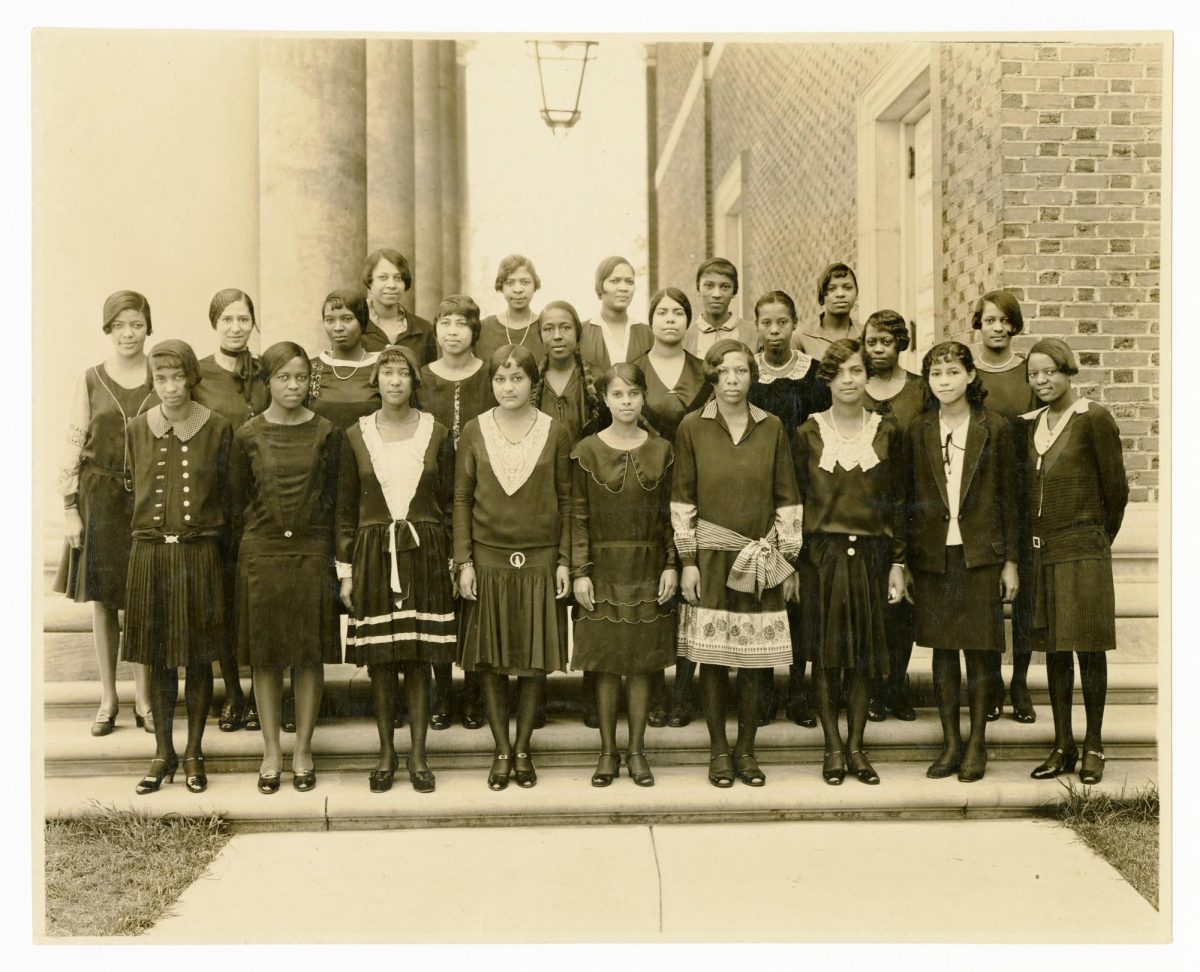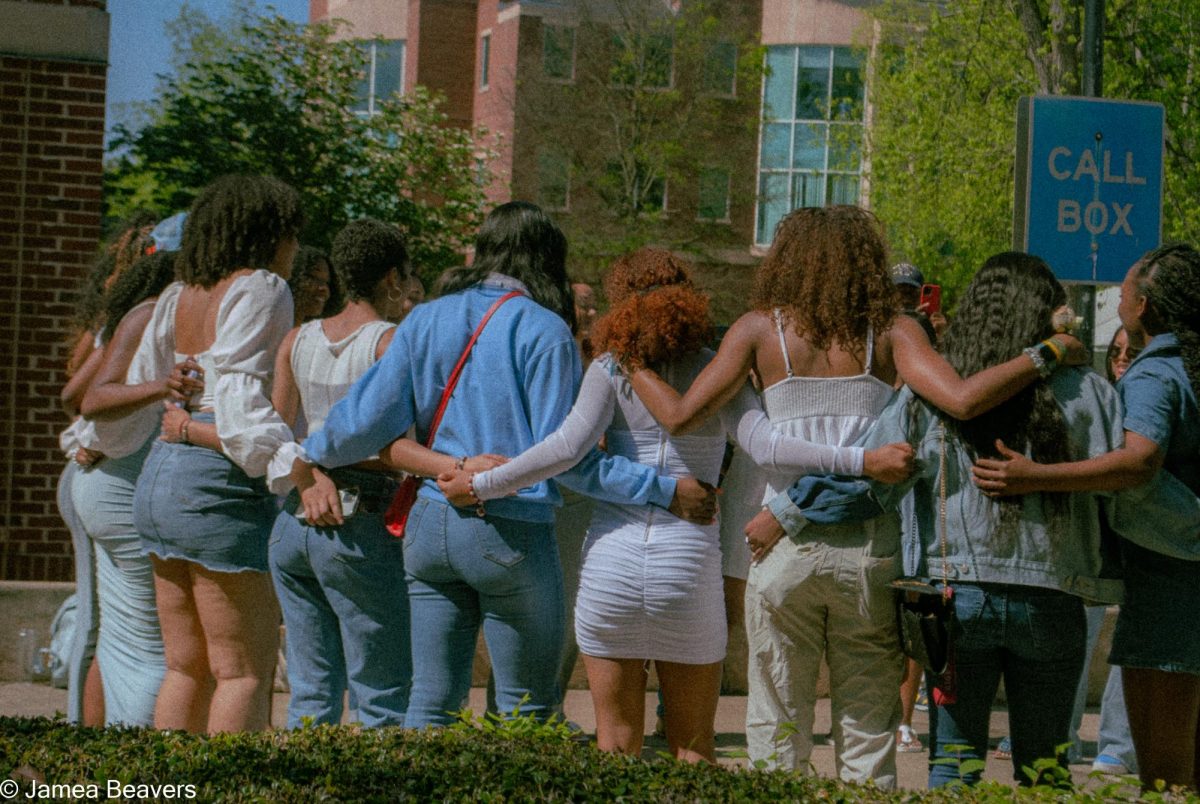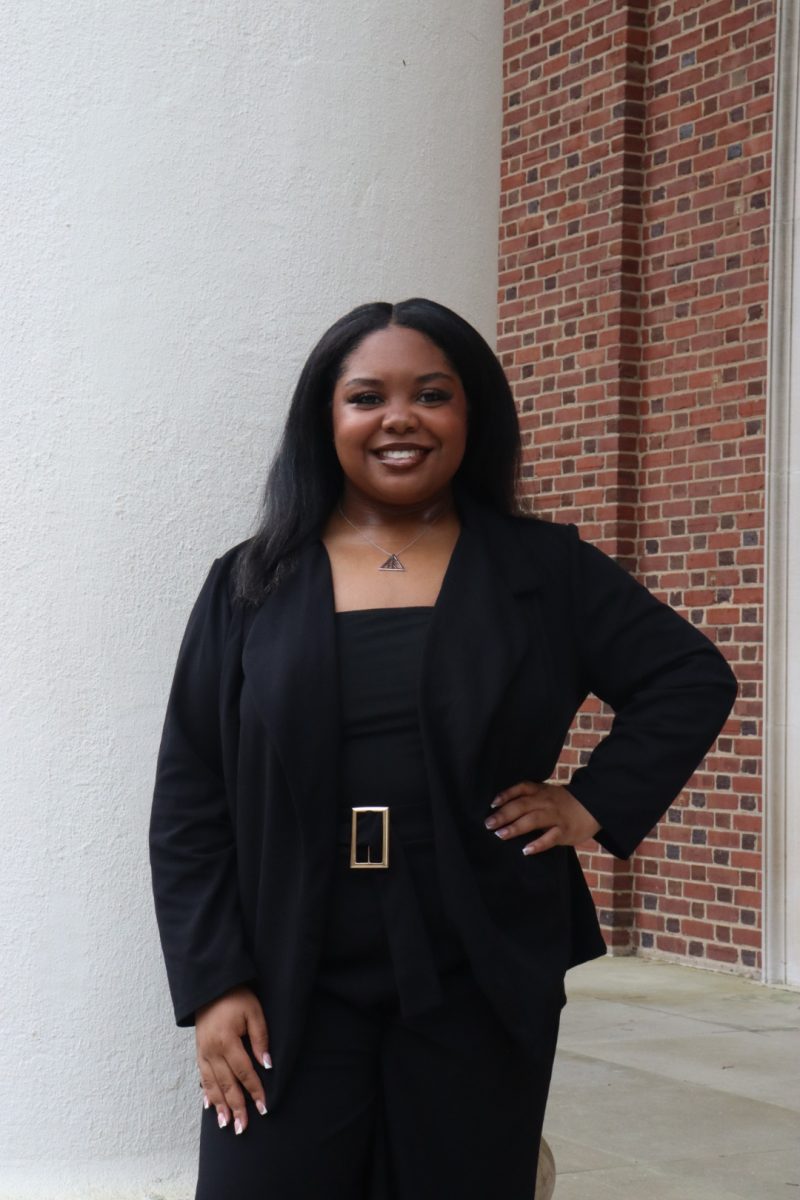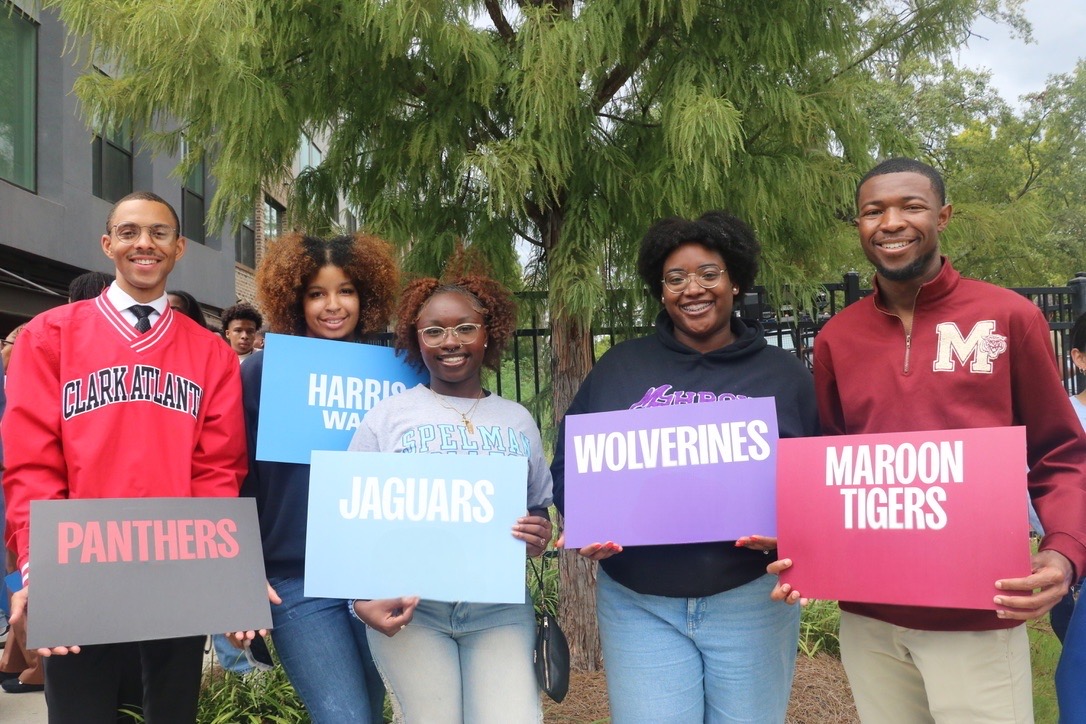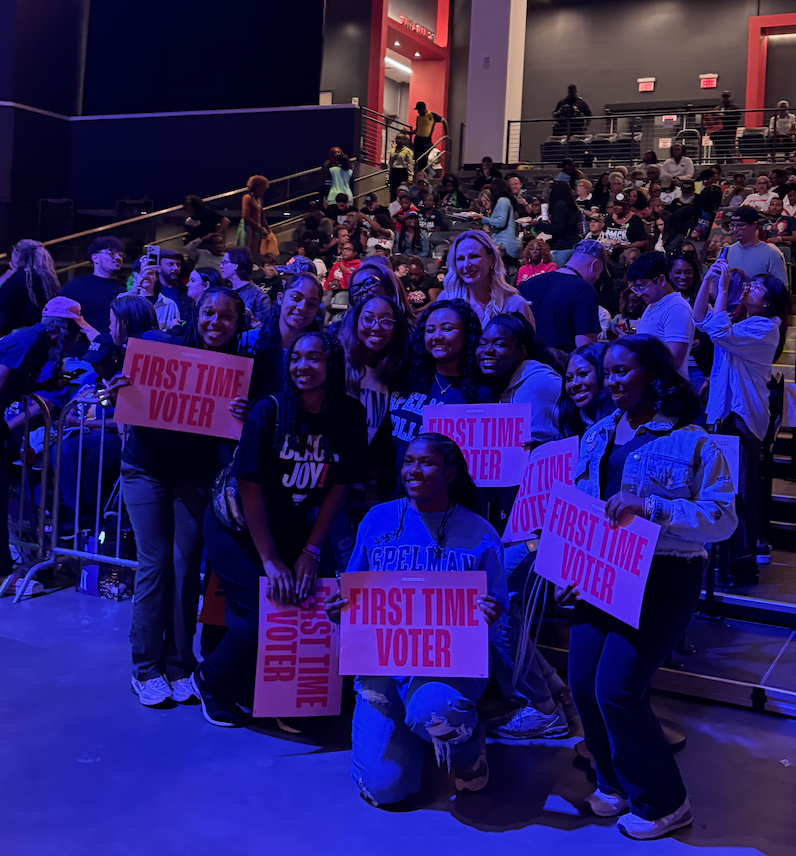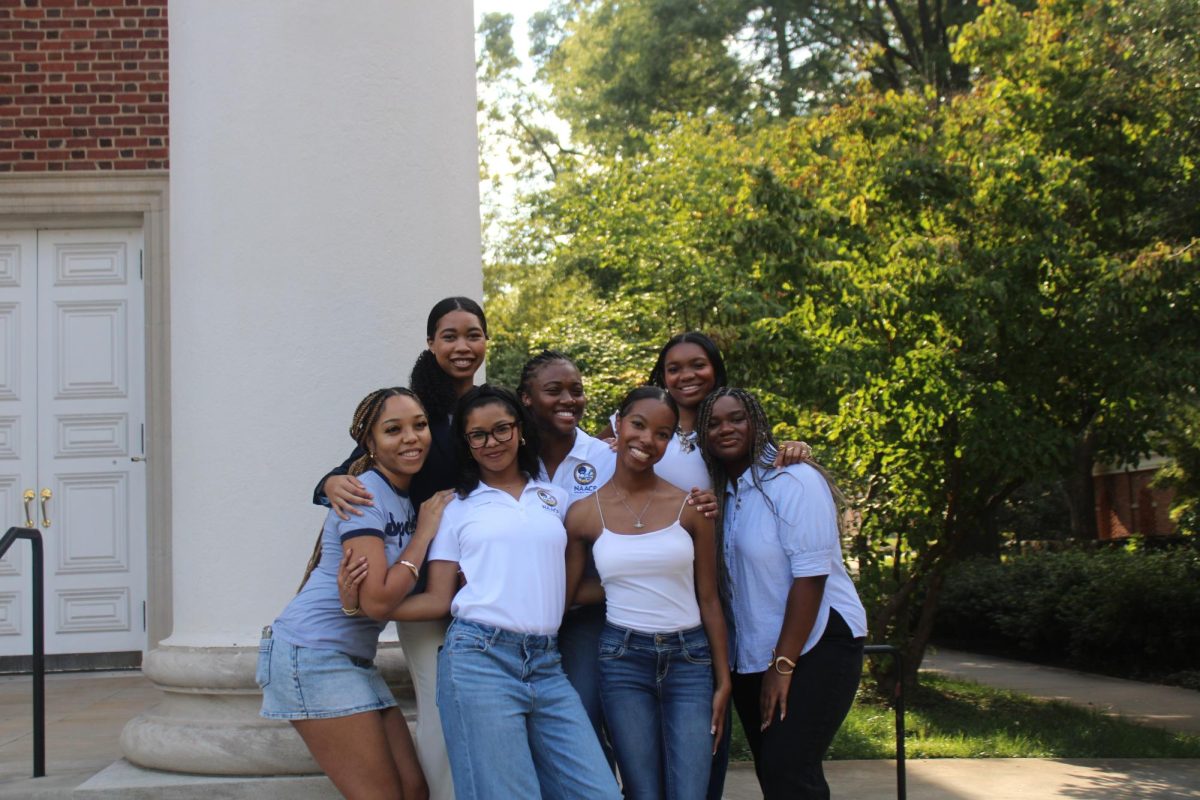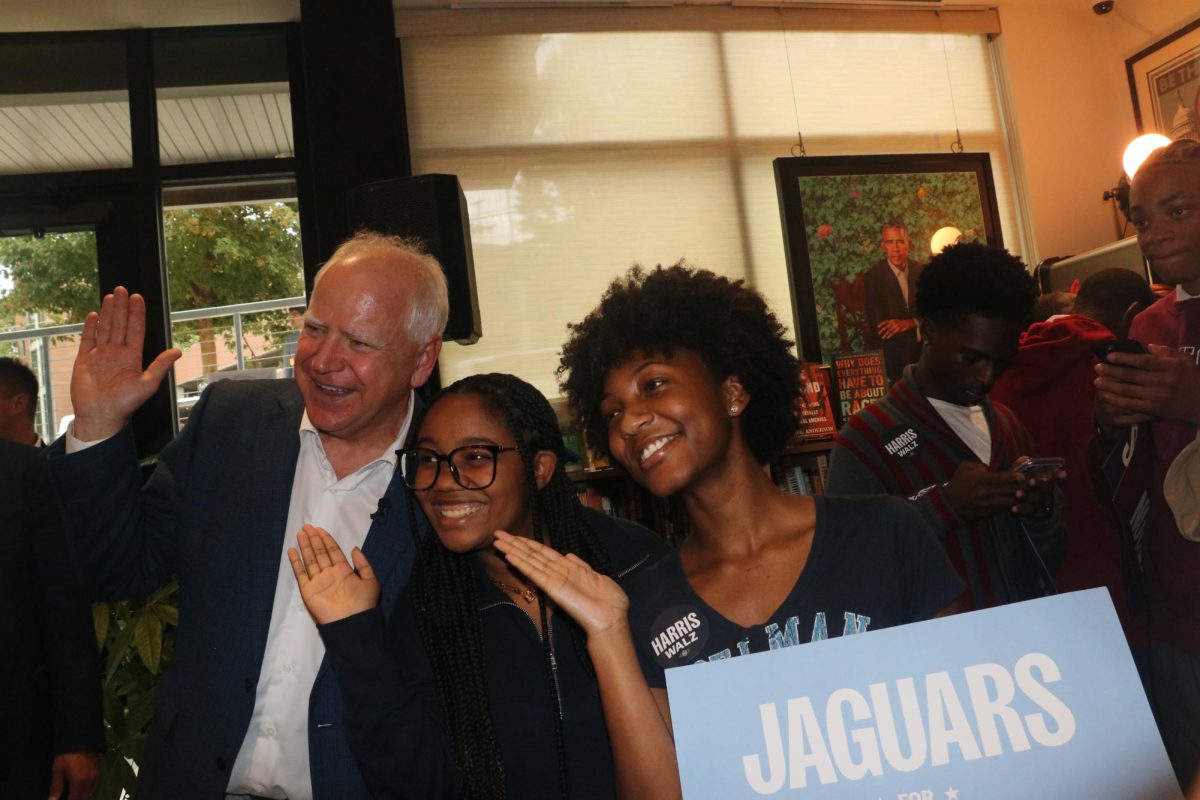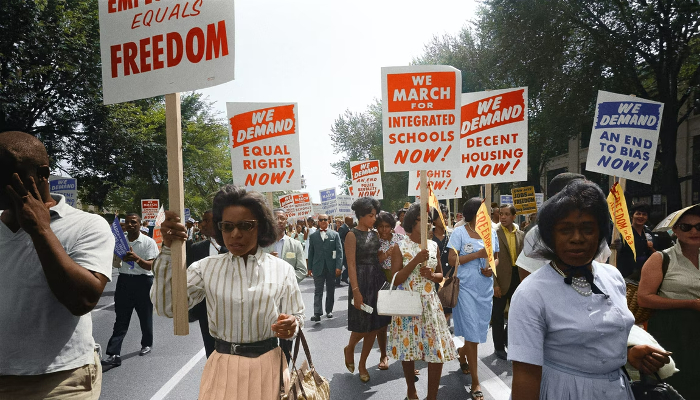First, they tried to erase our history. Now, they’re coming for our future. The students have spoken, but will Georgia listen?
For the first time in national history, we are no longer debating how to expand DEI. We’re fighting against its dismantling. President Donald Trump’s January Executive Order 14151 not only eliminates Diversity, Equity, and Inclusion programs from all federal agencies, but it also calls for the abolition of the Department of Education itself. With 31% of Georgia’s population identifying as Black and 67% as people of color, the rollback of DEI will directly affect Georgia’s community. What are we, the students, the teachers, the advocates, to do when the systems built to support us are being stripped away?
In our last piece, The Future of Black Success: AUC Students Respond to DEI Cuts by Erinn Gardner, we captured the student perspective on the rollback. Now, we turn our attention beyond Spelman gates to Georgia’s state leadership.
We’ve all been talking about the rollback of DEI, but how many of us really understand what’s on the line? Many of us rely on pipeline programs for opportunities like summer internships and grad school acceptance or even the travel funds that help students attend conferences, summits, and competitions. Programs such as the Mellon Mays Fellowship and initiatives like HBCU-to-Wall Street and TRIALS or CLEO have been instrumental in opening doors to careers in law, medicine, technology, and finance for historically marginalized communities. These programs are primarily supported by private and institutional funding aimed at bridging gaps in access and opportunity. Without DEI funding, these initiatives could face significant cutbacks or closure, making them more competitive and less accessible to us and future generations of students.
DEI rollbacks could also endanger critical financial aid, including scholarships, fellowships, and partnerships such as JPMorgan’s Advancing Black Pathways and Google’s CSSI. These resources provide not just financial aid, but also mentorship, networking opportunities, and exposure to career paths.
The rollback of DEI policies, coupled with the erosion of affirmative action protections, threatens to reinforce systemic barriers in higher education and beyond. Grad school admissions, elite fellowships, and high-level internships may become more exclusive.
To prepare, students should proactively research their opportunities, stay engaged in campus advocacy, and make the most of support networks of mentors, alumni, and faculty. If anyone is to bear the brunt of President Trump’s policies, it will be communities like ours, so I asked Georgia.
Georgia is home to 10 Historically Black Colleges and Universities (HBCUs), including Spelman College, ranked as the #1 HBCU in the country by U.S. News & World Report. According to the Georgia Budget and Policy Institute, public HBCUs in Georgia have been underfunded by at least $1.3 billion compared to predominantly white institutions (PWIs) in recent decades.
To find out what Georgia’s leadership is doing to protect HBCUs and the communities they serve, I spoke with several Georgia state representatives directly.
Georgia Representative Bryce Berry, a Morehouse alumni, former educator, and current member of the Georgia House, is among those leading efforts to protect educational equity in the state.
“I’m leading on in the House as well with colleagues, efforts to bring back or to repeal the divisive concepts law that, you know, two, three years ago, stopped the teaching of CRT in our schools. I’m co-sponsoring that bill. Those two bills would ensure that we could let teachers teach and give them the autonomy to teach what they want to teach and how they teach. Because there’s a lot of trust in teachers. It’s about trusting teachers to do what’s right for their students.”
For context, Georgia’s divisive concepts law (HB 1084), passed in 2022, restricted classroom discussions of race, systemic oppression, and gender identity. Critics say it created a chilling effect on teachers and students alike, particularly those in Black and Brown communities. Representative Berry’s proposed legislation, including HB 293 and HR 24, aims to reverse that.
“As a teacher myself, this is personal for me. So, I’m very passionate about those two bills,” he adds.
When Georgia tried to remove AP African American History and Culture from public schools, despite College Board’s national rollout, students fought back. And they won.
“What happened when they tried to get rid of AP African American History and Culture? That was the only AP they got rid of in the state. And students mobilized—students organized, students wrote letters. We had a big press conference at the Capitol, like we were doing today. That’s what students need to do: speak up, stay involved, stay engaged,” said Berry.
Representative Eric Bell echoed this with a simple but powerful truth:
“At the end of the day, if we’re not engaged, that’s going to be the determinative factor in where our state ends up.”
HBCUs have been doing the most with the least for generations. According to a 2023 Forbes analysis, HBCUs receive about 70% less funding per student than non-HBCUs, even though they produce 20% of Black college graduates nationwide. In Georgia, that inequity is even more visible.
“It only continues to hamper HBCUs,” said Representative El Mahdi Holly. “Our very foundation is built on opportunity and equity. But even more, there’s a huge funding gap already for HBCUs. And for our public HBCUs, like Savannah State and Fort Valley State, they were founded on teaching principles—that’s their mission.”
The risk now? Federal funding cuts under Trump’s executive order could jeopardize essential programs like TRIO and Upward Bound, which support low-income, first-generation students.
“President Trump’s threats to take away funding from schools? That’s only going to further erode already underfunded schools. That’s why I have a bill dropping next week that’s going to protect funding for programs like TRIO,” Holly shared.
DEI isn’t just about representation. It’s about redress. And removing those protections sends a dangerous message to the majority of Georgia’s population.
“It just shows, plain and simple, who matters and who doesn’t,” said Berry.
“Call me crazy, but the Declaration of Independence says ‘all men are created equal.’ So when we’re seeing these overt attempts at exclusion, it sends a message that we don’t want you, we don’t value you, and we don’t need you.”
“And that’s the opposite of everything America is supposed to stand for.”
One of the most repeated arguments against DEI is that it’s divisive or unnecessary. But this narrative often overlooks the basic fact that equality of opportunity is not the same as equality of access.
“Jasmine put it best: ‘If you have the merit, you shouldn’t be worried,’” said Holly.
“DEI is not about placing some people above others. It’s about making sure that everyone has equal opportunity. It’s right there in the word—equity. Making sure everyone has an opportunity.”
He added that DEI has supported not just Black students, but also “the Latino community, veterans, women, and young people. They have all benefited from these policies. So all I say is—careful what you wish for.”
While policies shift and headlines fade, students remain at the heart of this fight. Georgia’s HBCU representatives left us with reminders of our collective power and cultural resilience.
“Spelman, Morehouse—I’m honored and excited to be your representative. We’re making history together. So thank you,” said Bell.
And from Holly:
“Drink plenty of water after Market Friday, Thirsty Thursday, and Turn-up Wednesday!”
“But seriously—our whole future is ahead of us. It might get tough, but it’s been tougher before. Keep going. Keep striving. Don’t stop.”
In the face of erasure, our voices are our greatest defense, and we’re just getting started.
